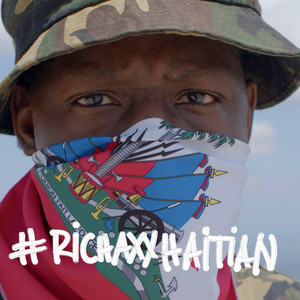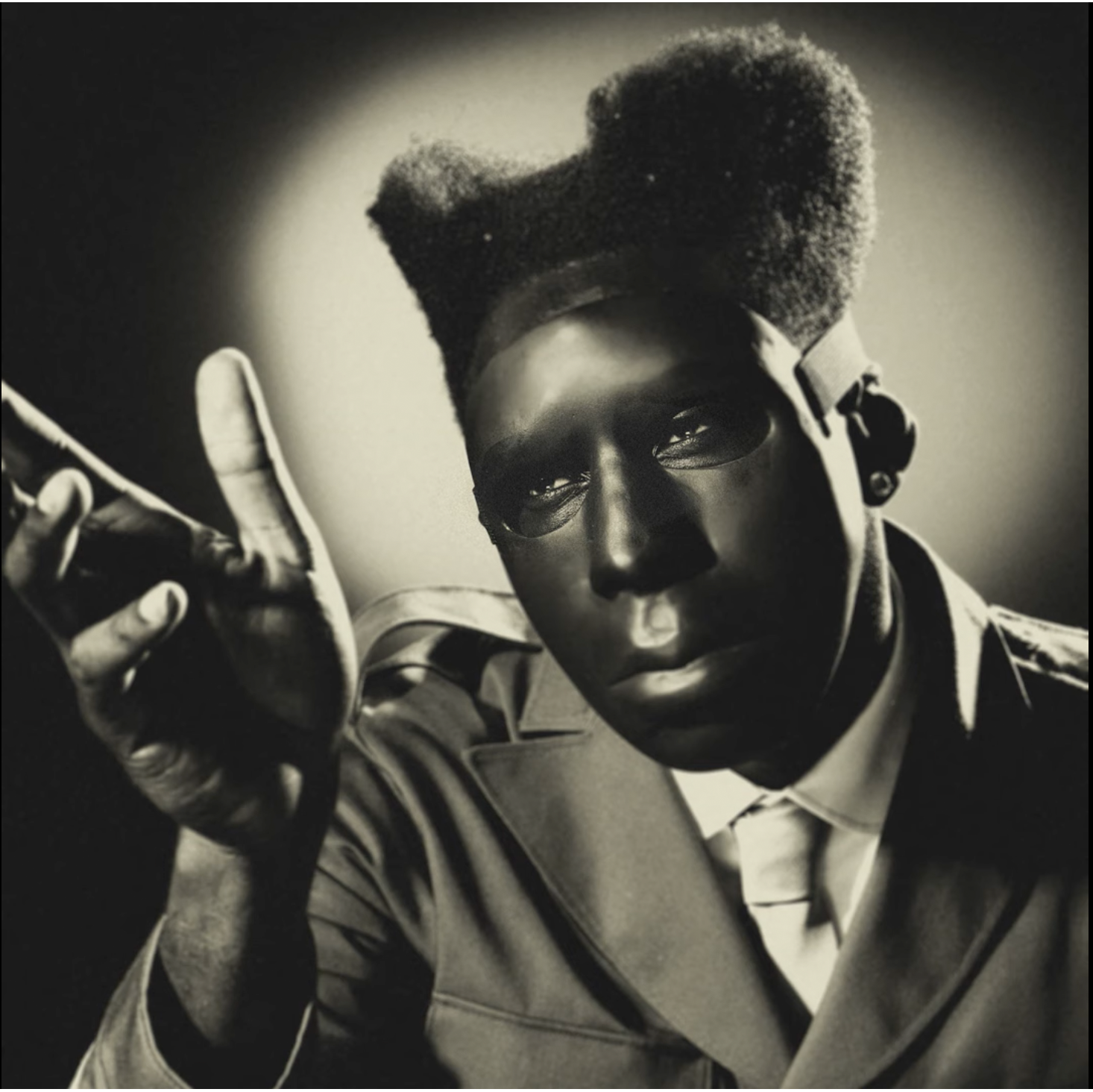An Impressive Artistic Project Despite Moments of Dissonance
Mach-Hommy’s latest EP, “#RICHAXXHAITIAN” is a complex but ultimately rewarding project, demonstrating the self-confidence the artist has built since his seminal 2016 album, Haitian Body Odor (HBO).
To be clear, if you haven’t already, it’s worthwhile first listening to HBO so you’re in a position to properly appreciate the artistic ambition (and execution) of #RICHAXXHAITIAN. Without some familiarity with his previous work, you might be too quick to judge the dissonance and miss the overarching artistic narrative of this latest project.
Artistic Integrity Over Gratification
Mach-Hommy, an enigmatic character who by modern day standards is very private, stays true to form with his latest project #RICHAXXHAITIAN: whilst certain tracks are marvelously gratuitous, others are clearly dissonant with Hommy’s rap style feeling intentionally against the grain of the underlying track.
The key word here is intentional. An artist who doesn’t even release his lyrics, let alone one as talented as MH, in an age of AI and autotune, doesn’t do dissonance by mistake. Mach-Hommy expects a lot from us as his sophisticated audience.
Addressing International Politics
One of the most prominent themes of #RICHAXXHAITIAN is international politics. Aside from his native Haitian politics, Hommy shows a willingness to address any topic de jour, including the plight of civilians in Gaza.
Lines like “WiFis the spell on civilians in Gaza” reflect not only willingness to address geopolitical issues, but his keen understanding of the nuances at play. (An NPR article on Gaza’s communications networks contextualizes his critique of Israel’s control over Palestinian cellular communications.)
The lyric, “International monetary fool. I got a monkey on my back and it’s a rather heavy one,” shows Hommy’s obvious skepticism of global financial systems, while “Look if God save Isaac then what am I about?” draws on the biblical narrative of Abraham and Isaac, adding a layer of deep spiritual introspection.
Protectiveness of Lyrics
Mach-Hommy’s protectiveness of his lyrics is a point of admiration among his fans, though obviously making analysis harder.
His fans on popular album ratings site ‘Album of the Year‘ have praised his latest project, with a current user score of 81. But there is a clear frustration regarding the “gatekeeping” of his lyrics: Hommy doesn’t release lyrics for Genius or similar lyrics services. Moreover, on tracks like “Padon” intentional volume dropouts and superimposed noises make it difficult for the audience to be ‘on the same page’ as Hommy.
Influence of Quelle Chris and Other Artists
It’s a cast of hundreds (or at least tens) who have contributed to this project, and if Hommy is the main curator presumably they’re all talented – but the project still proves that some artists’ talent will rise above: Quelle Chris as both an artist and defined musical influence in “COPY COLD” is clear.
And KAYTRANADA’s production value in the title track #RICHAXXHAITIAN is not only clearly KAYTRANADA, but also engages an energy previously unexplored by the project.
Highlights and Lows
From the listener’s perspective, #RICHAXXHAITIAN is an album of real highs and lows. As touched on, this isn’t because Mach-Hommy is weak as an artist; to the contrary it’s probably Hommy exploiting the artistic cache he’s built up in earlier projects to grind his axes across political and social justice.
Tracks like “PADON” explore themes of redemption and life’s divergent pathways. The snake-charming melody and punchy vocal cadence combine hypnotically. Similarly, “GUGGENHEIM JEUNE” stands out for its complex sampling, and deliberate oscillation between power and restraint, across both beats and vocals.
However, not all tracks hit the mark. “HOLY___” is notably dull, with Mach-Hommy’s vocal performance oscillating unpredictably. “No Blood No Sweat,” although popular, suffers from over-reliance on repetitive sampling and predictable rhyming.
Conclusion
#RICHAXXHAITIAN is a testament to Mach-Hommy’s integrity, artistically and beyond.
While the album’s dissonance and occasional dullness may at least initially deter some fans of Hommy’s previous work, it is worth persevering; aside from its keen political and cultural references, the complex musical construction and lyricism warrant the album going down in the record books as a notable work.



he says “white phosphorus fell on civilians in Gaza” not Wi-Fi